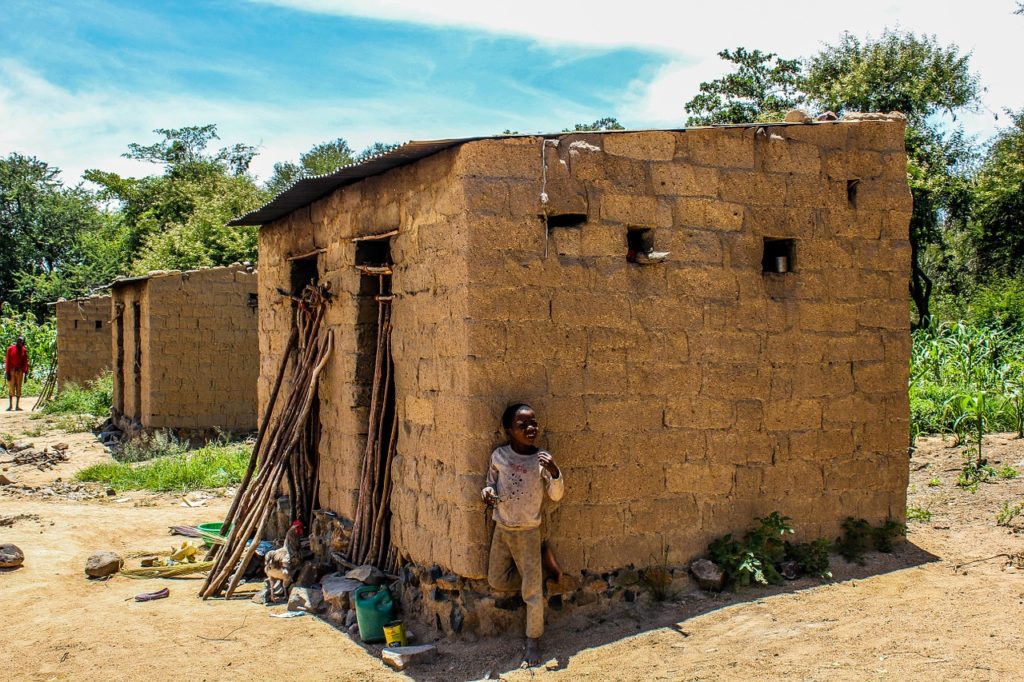AKU FOUNDATION
A nonprofit organization guided by the equality of life to lift underprivileged people out of poverty and disease
PERSPECTIVES
Approximately 800 million or 11% of people in the world live in extreme poverty, which is defined by the World Bank as surviving on just $1.90 a day.
Global extreme poverty rose for the first time in over 20 years because of the COVID-19 pandemic. It was exacerbated by forces of conflict and violence and compounded by the devastating effects of climate change phenomena.
About 120 million additional people have been consigned to poverty because of the COVID-19 pandemic. The number is projected to hit 150 million by the end of 2021.
Half of the poor are women and children. Almost half of the poor people in Sub-Saharan Africa live in just 5 countries: Nigeria, the Democratic Republic of Congo, Tanzania, Ethiopia, and Madagascar.
Despite the abundance of natural resources in Nigeria, poverty remains endemic. Approximately 70 million of Nigeria’s population of approximately 212 million live on less than $1/day. Among the ten largest countries in the world, the population growth rate in Nigeria represents the highest.
Nigeria currently has the 7th largest population in the world and is projected by the UN to surpass that of the United States and become the third largest country in the world shortly before 2050. Fifty four percent of Nigerians live below the poverty line and over 33% live in extreme poverty, which the UNDP defined in 2006 as those who cannot afford an intake of at least 2,900 calories per day.
The major factors responsible for poverty in Nigeria include poor economic growth, income inequalities, unemployment, corruption, ethnic and religious conflicts, insecurity, political instability, and inept leadership.
The Nigerian government has been saddled with the challenge of managing conflicts and insecurities in multiple fronts. These include militancy in the oil-rich Niger Delta, the struggle of IPOB, the Biafran separatist and Igbo nationalist organization in the South East, demand for restructuring and the desire for a Yoruba nation in the South West, Fulani herdsmen and farmers clash, and the violent Islamist Boko Haram insurgency.
Nigeria’s 12-year conflict with Boko Haram alone has so far claimed about 350,000 lives and displaced more than 3 million people. Nigeria has one of the highest numbers of internally displaced persons in the world.
Living conditions in the IDP (Internally Displaced Person) camps in Nigeria are extremely poor. Uninhabitable living structures expose occupants to precarious situations due to congestion and damages from weather elements.
Most of the occupants of these camps are high risk, poor and vulnerable women who are often sexually abused, and children who are susceptible to disease and infection. Good quality educational and healthcare facilities are nonexistent.
The ravages of the COVID-19 pandemic, conflicts and environmental hazards have exacerbated the incidences of poverty and disease in Nigeria. The pandemic represents the most significant threat to poverty and disease reduction. The social, political, and economic effect of this pandemic is unprecedented and is bound to send shock waves across the world.
We at AKU FOUNDATION believe that urgent and collective action supported by fair-minded people and organizations at various levels can help to fight this battle to reduce poverty and disease and make the world a better place for all of us.
